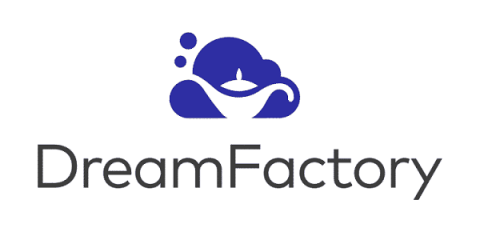iPaaS Use Cases: How Enterprises Are Using Integration Platform as a Service Technology
iPaaS (Integration Platform as a Service) technology is a powerful, easy-to-use solution for managing, governing, and integrating cloud-based applications and services. Beyond this simple definition, however, the term “iPaaS” can mean a lot of different things – depending on how your organization deploys it. To help you understand the full length and breadth of this technology, we’ve compiled this complete list of iPaaS use cases.









